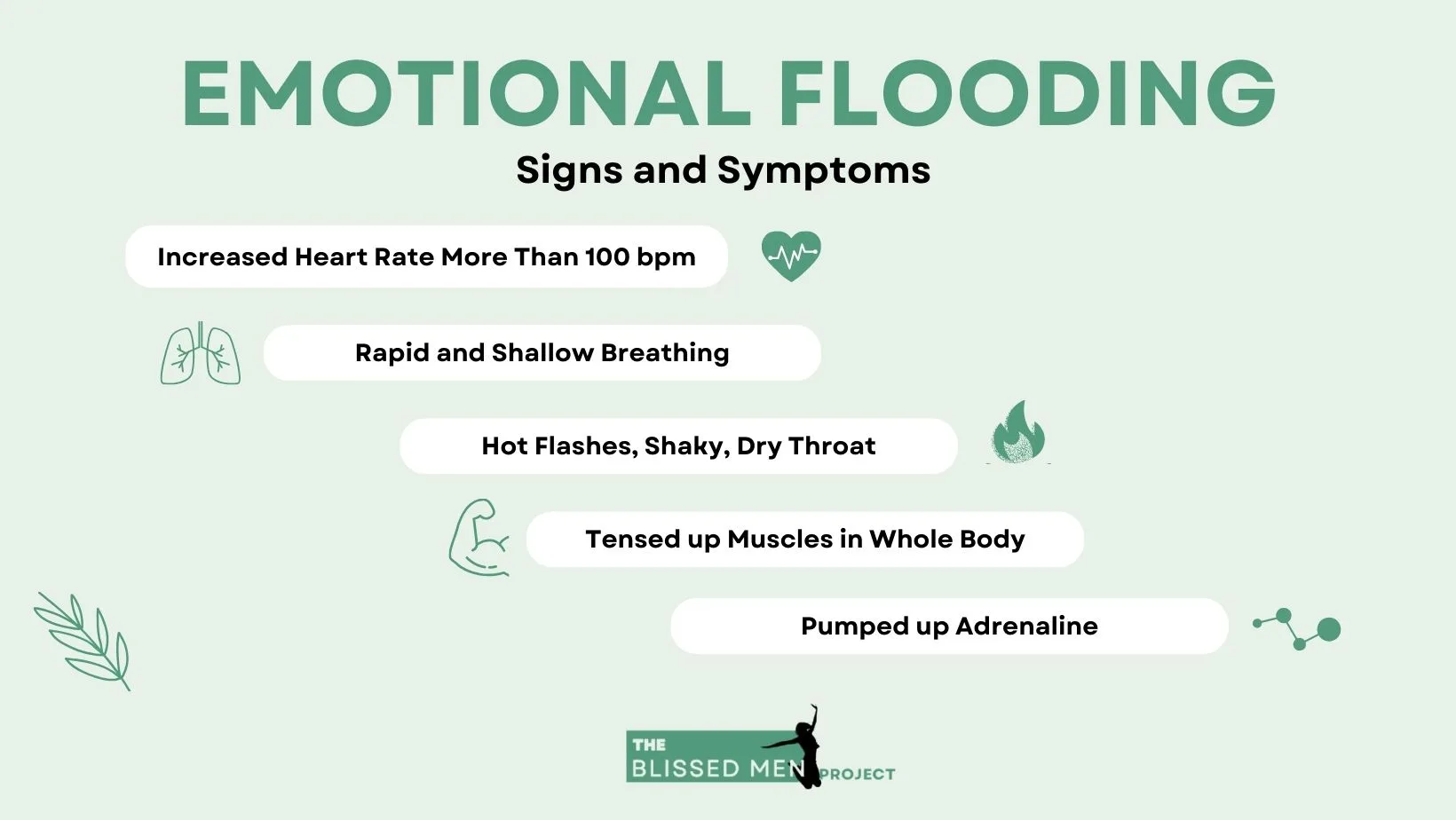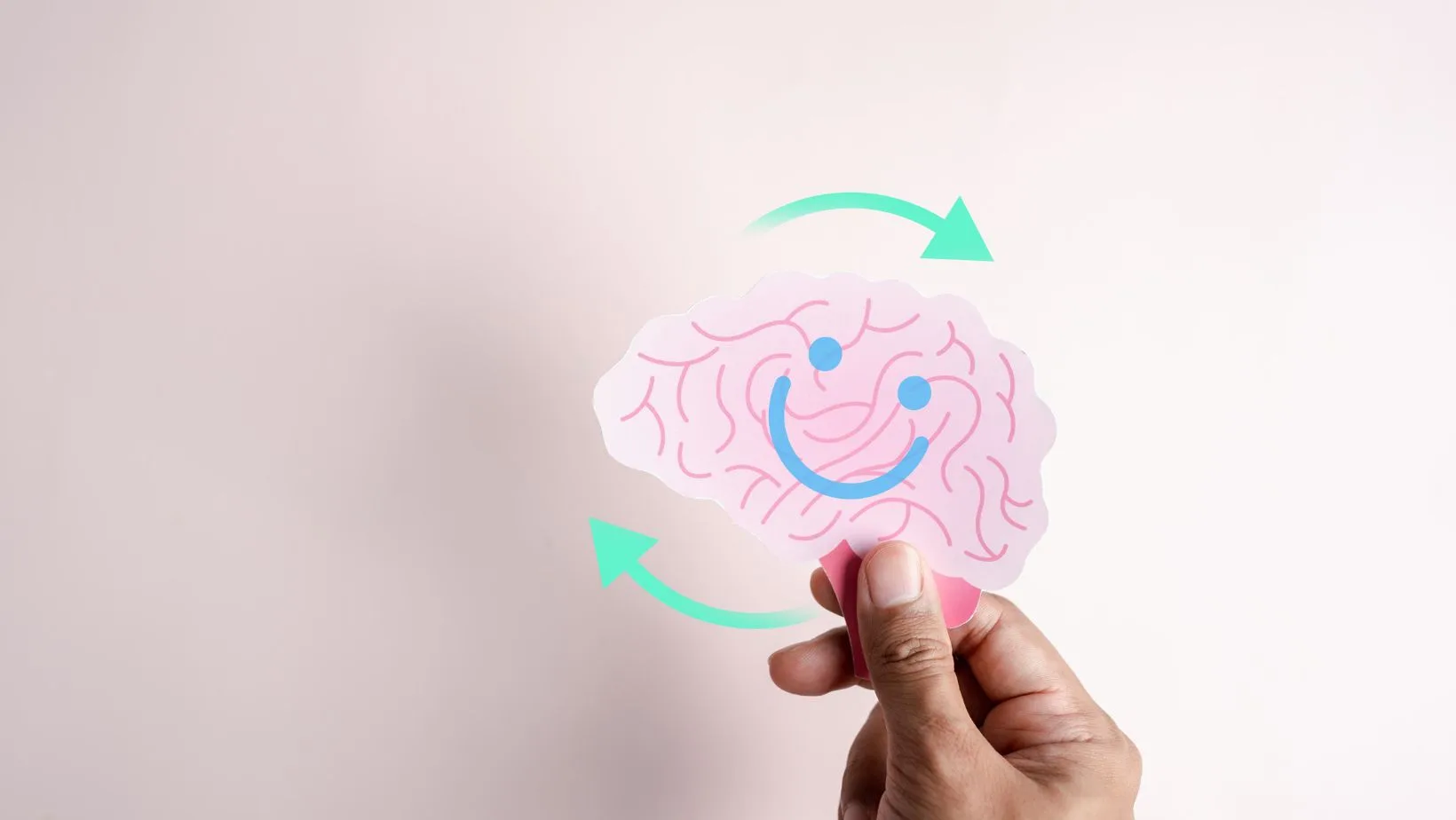Have you ever felt an instant shoot up of emotions in certain situations? That your body stops acting with reason and you find yourself yelling, slamming doors or doing anything that you would regret in the next moment. It would also feel as if you’re losing control over your body, increased heart rate , difficulty in normal breathing, hot flushes etc. This phenomenon is widely known as Emotional Flooding.
What is Emotional Flooding?
Emotional Flooding refers to body’s physiological response to a perceived threat. It is our body’s response to stress that was originally designed to alert us to danger and enables us to react quickly in self-defense. The name refers to a flood of stress hormones to the nervous system that generates the fight or flight response.
Emotional Flooding Symptoms

What Causes Emotional Flooding ?
Emotional Flooding can occur when a trigger reactivates an old threat or an overwhelming emotion that puts your brain into protection mode. These triggers could be specific emotions, situations or interpersonal conflicts. Researchers found that emotional flooding in relationships can result in negative emotions across both partners.
Ways to Cope with Emotional Flooding
1. Breathing Exercises

A five minute meditation or some kind of breathing exercises can immediately put your body into a calmer mode. The University of Michigan has listed down instructions for practicing breathing exercises for relaxation. There are also free apps or videos available that provide guided meditations and could give instant relief response to the body.
2. Notice your Anger Patterns:
Research indicates that physical pain, unpleasant conditions and social stress can add to anger outbursts. It is important to notice what situation triggers Emotional Flooding in an individual case. This will help in order to take steps in coping with them or keeping your body prepared on what is coming ahead. If possible, you can set boundaries for next time.
3. Self-Care
Mental self care in the form of positive self talk, being non judgmental or non critical of yourself can be helpful at such times. Focusing on inner calm can go a long way in managing emotional flooding and can take you through difficult situations.
4. Break the Pattern
Emotional flooding can make a person react in unreasonable way or take unreasonable actions. In order to break the pattern, it is essential to stop the conversation immediately. In a conflict situation, take a break in terms of stepping out. You can come back to the conversation once calmer.
5. Talk to a loved one

You can choose to speak your heart out to a loved one or a friend who would be neutral to the situation. Sharing thoughts outside your body will have a positive impact on your body and will put you in healthier state of mind.
6. Cardio
Scientists have discovered that exercises and movements can have a positive affect on our mental health. Exercises such as running, zumba, yoga, cardio have been proven to be affect forms of increasing heart rates resulting in regulating nervous system.
If you face a series of emotional flooding, do seek professional help. According to research, therapy can be an effective way to deal with emotional flooding. It can act as an effective method for addressing and modifying learned behavior and anger outbursts. Therapists can help in understanding the root cause of such flooding and work around to make changes for you. Remember, dealing with unreasonable anger outbursts might take a lot of practice. The idea is to be able to take the right action when it happens and progress towards a calmer body.
Related Reads:
5 Exercises to Improve your Mental Health

